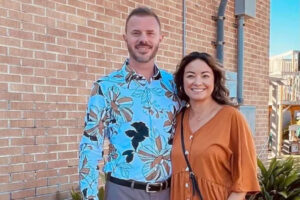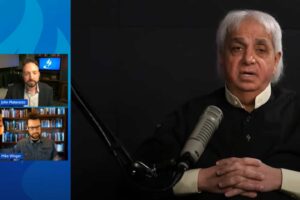The Florida Physical Therapy Association applauds the Florida Legislature for passing a significant Opioid Crisis relief bill after much fact finding and debate.
Sincere thanks are extended to Senator Lizbeth Benacquisto and Representative Jim Boyd for shepherding this bill to fruition, and to Governor Rick Scott for his leadership on this issue and for signing the bill into law on Monday.
The FPTA successfully supported and promoted language in the bill that mandates that prescribers of controlled substances be educated about nonpharmacological therapies.
Specifically, the bill reads, “complete a board-approved 2-hour continuing education course on prescribing controlled substances offered by a statewide professional association of physicians in this state … as part of biennial license renewal. The course must include information on the current standards for prescribing controlled substances, particularly opiates; alternatives to these standards; (including) nonpharmacological therapies.”
“The seriousness of this epidemic cannot be understated,” says Jamie Dyson, president of the Florida Physical Therapy Association. “A report released in November by the Florida Medical Examiner’s Commission indicated there were 5,725 opiate-related deaths in Florida in 2016, a 35 percent increase in opiate-related deaths from the previous year.
“Nearly 1,500 more lives were lost,” Dyson says. “Complete data for 2017 isn’t available yet, but preliminary and anecdotal reports suggest the problem is only getting worse. This bill which recently passed and was signed into law by Governor Scott hopefully will go a long way toward stemming the death rate by helping patients manage their pain and minimize their risk. We pledge that FPTA will continue its work on multiple advocacy fronts to support additional efforts to add to this initial legislation.”
FPTA remains supportive of continued efforts to provide health plans and physicians with resources to treat pain with alternative therapies. Health care providers who prescribe should be encouraged to explore and prescribe effective non-opioid alternatives, ranging from non-opioid medications (such as NSAIDs) to physical therapy and to promote policies and practices that result in reasonable, sustainable and patient-focused pain management therapies. {eoa}
See an error in this article?
To contact us or to submit an article





















